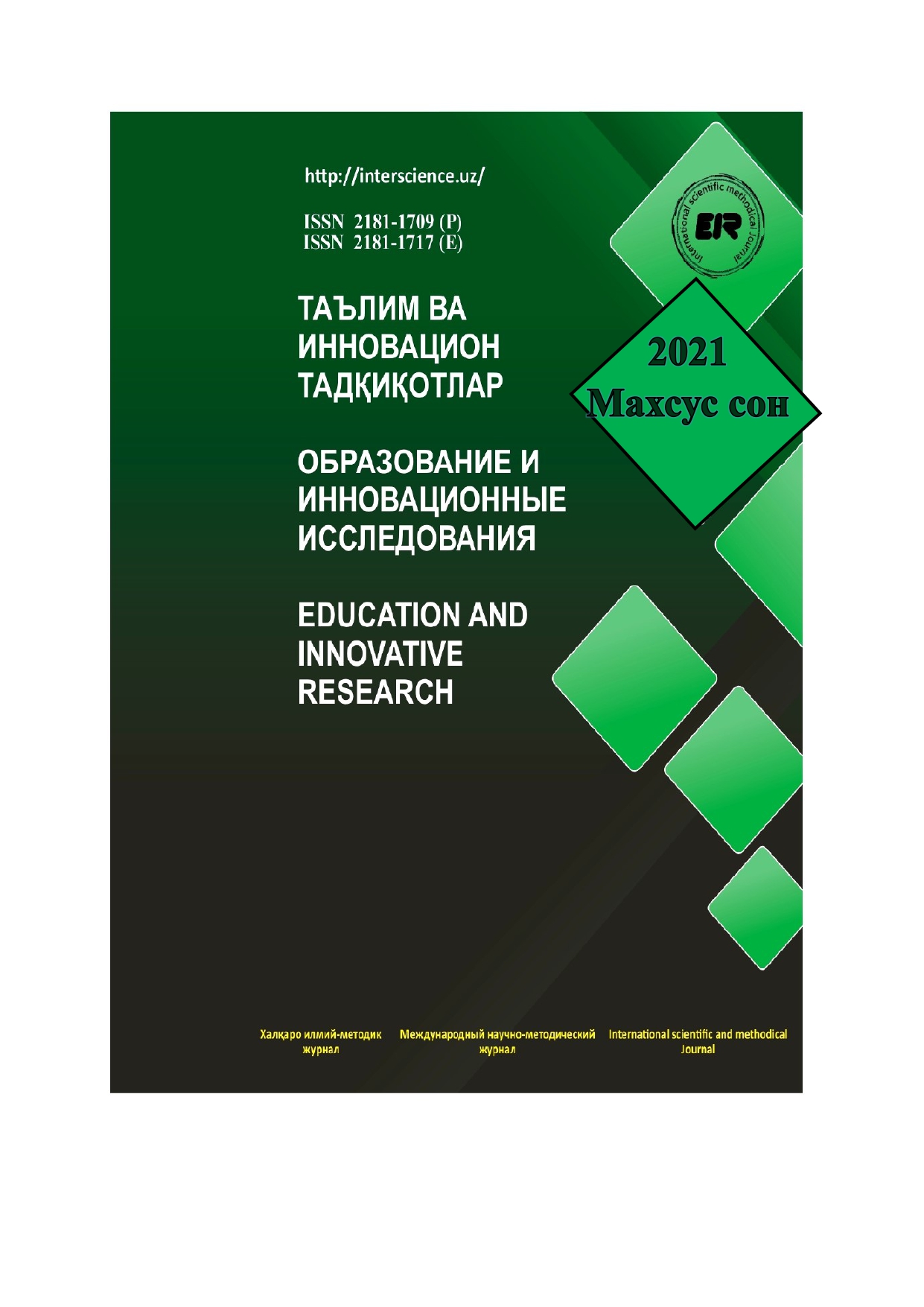СОЦИАЛЬНЫЕ АСПЕКТЫ АНГЛИЙСКИХ ЗАИМСТВОВАНИЙ В РУССКОМ И УЗБЕКСКОМ ЯЗЫКАХ
Олеся МАХМУДОВА Учитель английского языка Совместный белорусско-Узбекский междисциплинарный Институт прикладных технических Квалификация в Ташкенте
Аннотация
В данной статье рассматриваются основные причины, влияющие на процесс интеграции английских заимствований в узбекском и русском
языках, а также факторы, способствующие их распространению в различных сферах жизнедеятельности. Кроме того, в статье особое
внимание уделяется отрицательному и положительному влиянию английских заимствований на лексику языков-реципиентов.
Библиографические ссылки
Basko N.V. Russian language on the frontier of centuries: main tendencies of development // Language, literature, culture: Topical problems of learning and teaching. М.: Maks Press, Vol. 10, 2014, pp. 15-23. (in Russian)
Sklyarevskaya G.N. A word in changing world: The Russian language at the beginning of XXI century: condition, problems, perspectives // Investigations on Slavic languages. № 6. Seoul, 2001, pp. 177-202.(in Russian)
Verbitskaya L.A. The Russian language of modern Russia // Bulgarian Russian studies. № 1. Sophia, 2016, pp. 9-17.(in Russian)
Homyakov V.A. Non-standard lexis in the structure of the English language of the national period: author’s abstract in PhD. L., 1980, 168 p. (in Russian)
https://mfa.uz/ru/press/news/2019/10/21549/?print=Y
http://uza.uz/ru/documents/o-merakh-po-kardinalnomu-povysheniyu-rolii-avtoriteta-uzbek-22-10-2019





